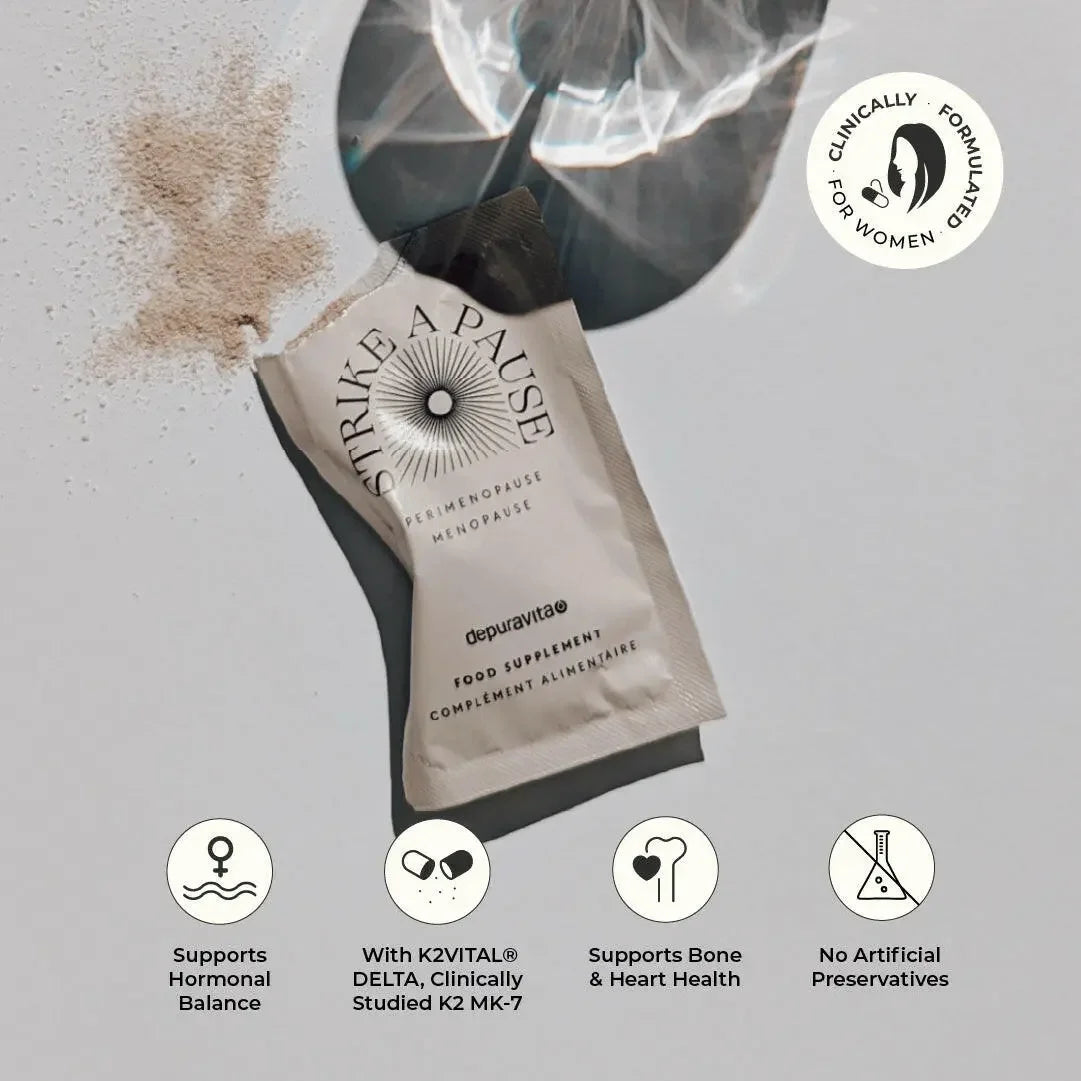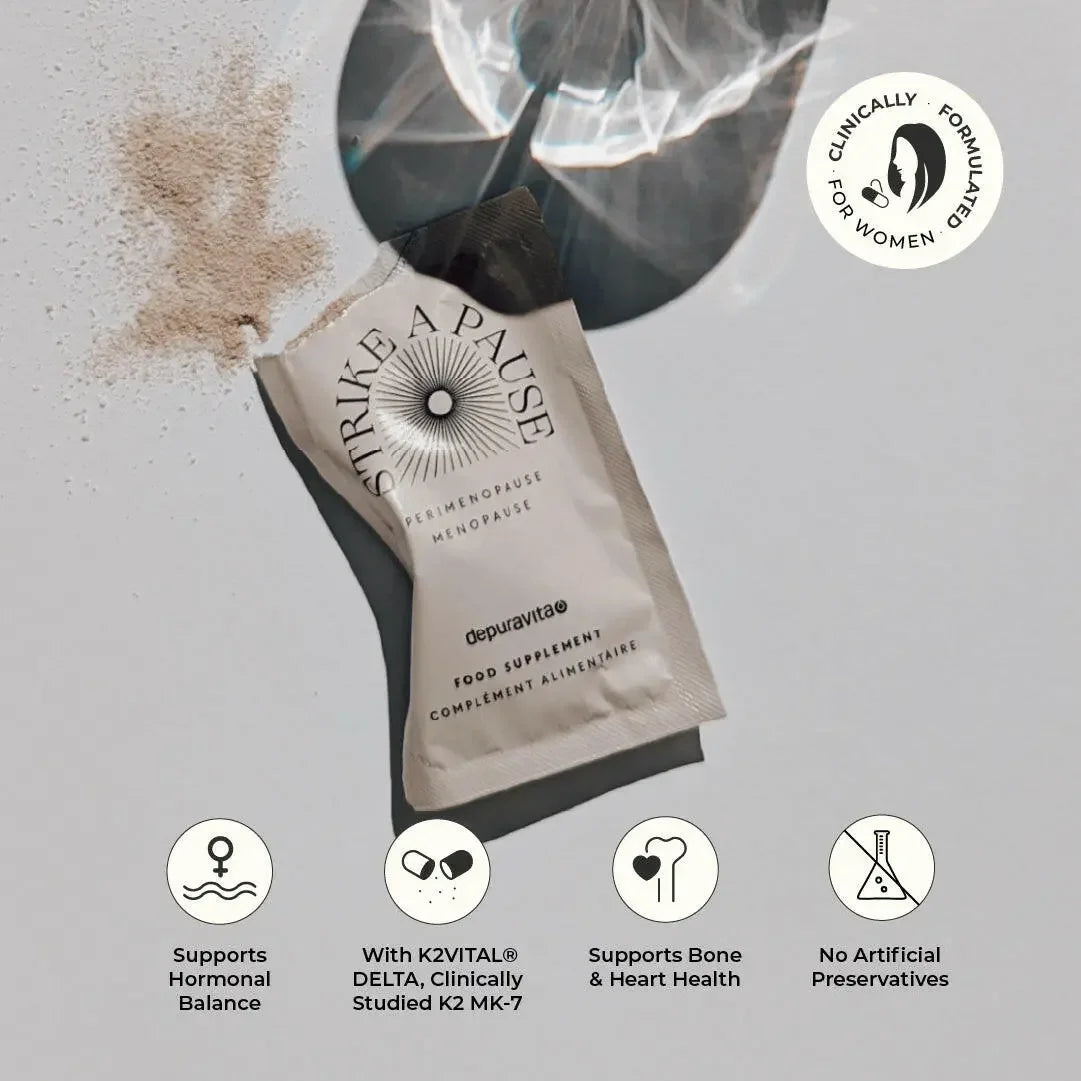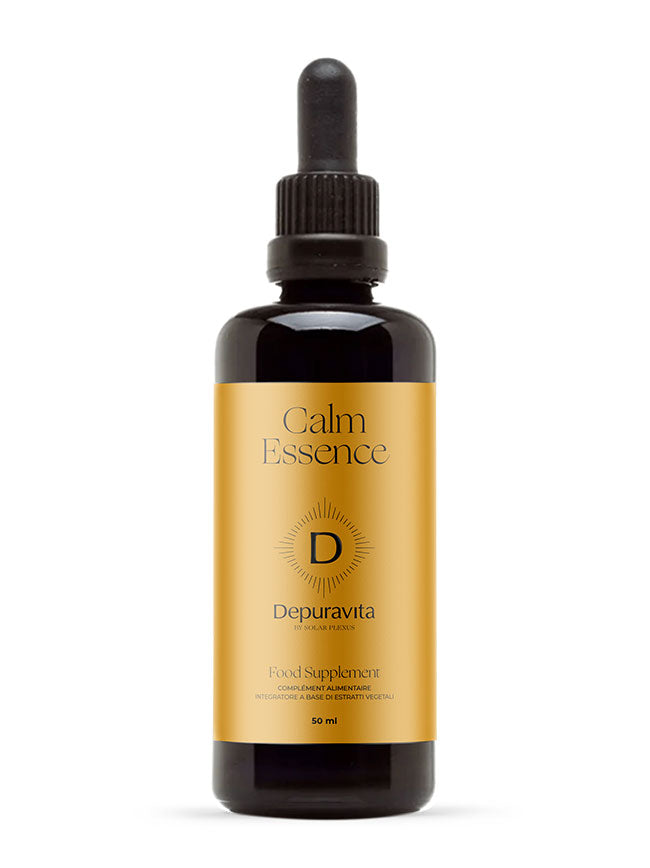Imagine the possibility of turning back the hands of time, not just in appearance but at the cellular level, enhancing your vitality and health as you age. The secret lies in the care and maintenance of telomeres, the protective caps at the ends of our DNA strands that play a crucial role in aging.
Understanding Telomeres: The Guardians of Our Cells
Telomeres serve as protective caps at the ends of chromosomes, safeguarding our genetic data, much like the plastic tips that prevent shoelaces from fraying. These structures are vital in preventing the deterioration of our DNA strands, which can lead to cellular aging and a host of age-related diseases. As we age, our telomeres naturally shorten, which is a fundamental cause of aging and can lead to weakened immune systems, making us more susceptible to infections and various diseases. A study in 2007 highlighted this by linking shorter telomeres with reduced bone mineral density in women, underscoring the impact of telomere length on our overall health.
While the shortening of telomeres is a natural part of aging, certain lifestyle choices can hasten this process. Factors such as poor diet, lack of exercise, smoking, stress, obesity, and disrupted sleep have been shown to negatively affect telomere length. This accelerated shortening can lead to an increase in biological age compared to chronological age, meaning you could be biologically older than the number of years you've lived.
"Strike A Pause with Astragalus Root to Preserve and Extend Telomere Length"



Strike a Pause



Clinical Studies and Efficacy
Exciting progress in anti-aging research highlights the root of Astragalus, an adaptogen known for its rejuvenating properties, which has been scientifically validated to enhance telomerase activity, thereby promoting the regeneration of telomeres. A pivotal study featured in the journal Rejuvenation Research demonstrated that adults maintaining good health while supplementing with Astragalus root witnessed a significant augmentation in their telomere length over a span of 12 months, in stark contrast to the placebo group, which experienced a reduction in telomere length. Substances within astragalus root (called cycloastragenols and astragalosides) are believed to slow the ageing process by activating telomerase enzyme production. This is the process responsible for telomere regeneration. Help cells live longer and function as they did when they were younger.
Strategies to Preserve and Extend Telomere Length
Fortunately, there are proactive steps you can take to slow down the shortening of your telomeres and potentially reverse the aging process:
1: Prioritize Quality Sleep:
Ensuring you get enough restful sleep is foundational to telomere health.
2: Manage Stress:
Finding effective ways to reduce stress can prevent premature telomere shortening.
3: Quit Smoking:
Giving up smoking can halt the acceleration of telomere shortening.
4: Embrace Physical Activity:
Regular exercise, especially activities like tennis that combine aerobic and social aspects, has been linked to longer telomeres. Resistance training and high-intensity interval training (HIIT) are also beneficial for maintaining muscle and promoting telomere length.
5: Optimize Your Nutrition:
A healthy diet supports overall cellular health and can contribute to longer telomeres.
6: Lose Excess Weight:
Achieving a healthy weight can positively affect telomere length.
Calm Essence
A good night’s sleep is key to a glowing, youthful appearance


The secrets of longevity may lie between sleep and telomeres. Clinical trials exploring their relationship with sleep have unveiled intriguing connections. Notably, insufficient sleep duration appears linked to accelerated telomere shortening, suggesting that the key to maintaining these vital cellular protectors may be found in the realm of rest. Furthermore, the quality of sleep emerges as a critical factor, with disruptions and disorders potentially contributing to cellular stress and impacting the delicate balance of telomere maintenance. As we delve into the intricate interplay of sleep and telomeres, it becomes clear that prioritizing a good night's sleep may not only rejuvenate the mind but also safeguard the very essence of cellular longevity.
In the realm of longevity research, the intersection of sleep and telomeres reveals a fascinating narrative. Clinical trials suggest that the duration and quality of our sleep may intricately influence the pace at which our telomeres shorten over time. Beyond a mere correlation, the biological mechanisms intertwine, emphasizing the importance of sleep as a crucial period for cellular repair. As we unravel the threads connecting sleep patterns to telomere biology, it becomes evident that fostering healthy sleep habits may serve as a cornerstone for both a well-rested mind and the preservation of cellular vitality. The quest for longevity takes us into the realm of rejuvenation through sleep, where each night's rest becomes a potential key to unlocking the secrets of a longer, healthier life.



